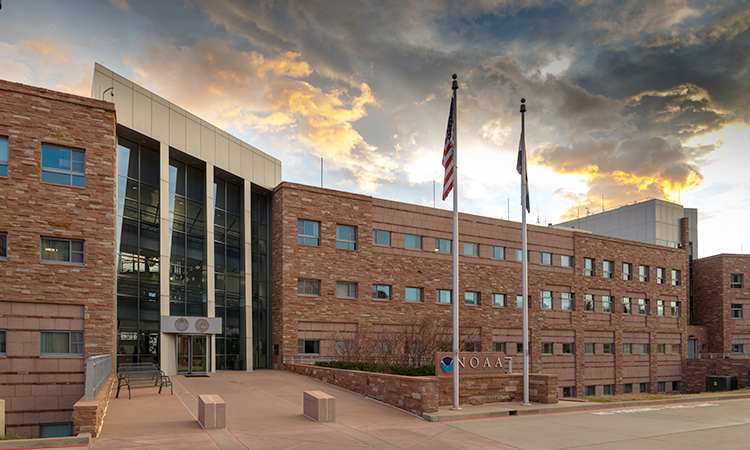A .gov website belongs to an official government organization in the United States.
A lock () or https:// means you've safely connected to the .gov website. Share sensitive information only on official, secure websites.

The rising level of carbon dioxide in the atmosphere, caused by the burning of fossil fuels and land-use change, is leading to the increased acidity of our world's oceans, called Ocean Acidification (OA). Because OA is already directly affecting marine resources, particularly oyster production, along the United States West Coast, the U.S. passed an OA law in 2009 which established an OA Program (OAP) in NOAA. The NOAA OAP is an integral part of a much broader US research effort (across all the federal agencies, including NOAA, NASA and NSF) to increase our understanding about how (and how fast) the chemistry of the ocean is changing, how variable that change is by region, and what impacts these changes are having on marine life, people, and the local, regional, and national economies. Research and engagement activities are conducted according to six different focus areas: 1) Monitoring the changes in ocean chemistry, 2) Measuring the biological response of ecologically and economically important species, 3) Assessing the socio-economic impacts of the changes and responses, 4) Providing maximum availability of OA-related data, 5) Assisting to create and implement adaptation strategies and 6) Coordinating and conducting education and outreach. NOAA is also co-leading the development of a Global OA Observing Network (www.GOA-ON.org) which aims to provide global to local data relevant for ocean acidification decision making. Both recent scientific findings and next steps for all of these efforts will be highlighted. In addition, Dr. Jewett hopes to explore potential synergies between the OAP efforts and research happening at ESRL.
ALL Seminar attendees agree not to cite, quote, copy, or distribute material presented without the explicit written consent of the seminar presenter. Any opinions expressed in this seminar are those of the speaker alone and do not necessarily reflect the opinions of NOAA or CSL.